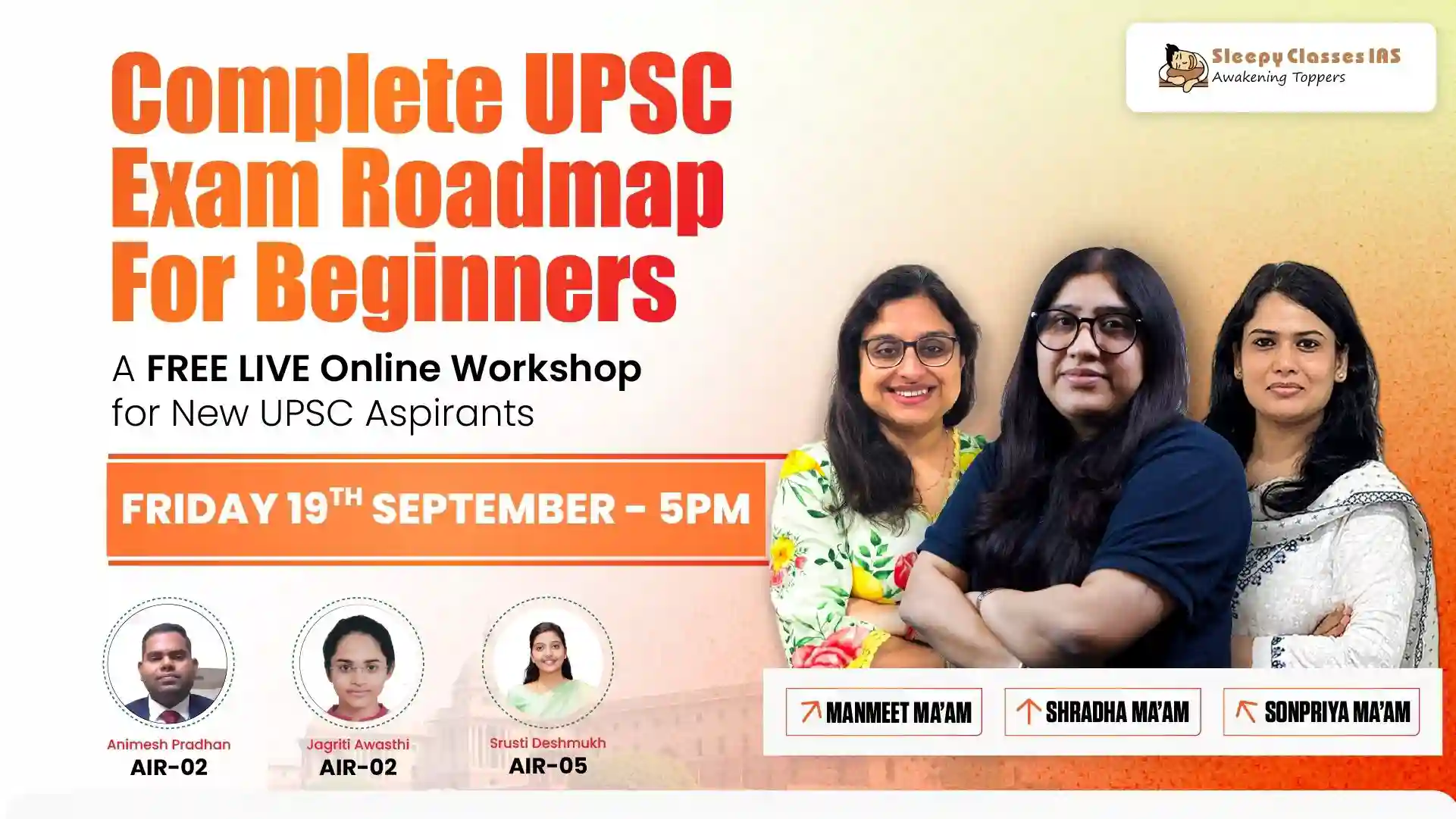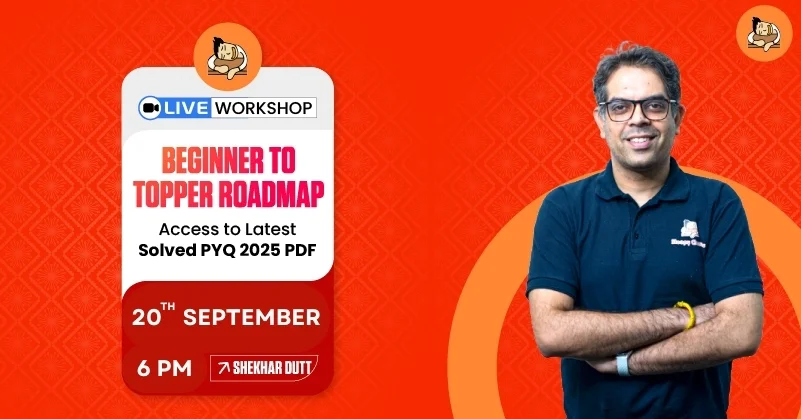The UPSC (Union Public Service Commission) exam is one of the toughest exams in India. It offers a variety of optional subjects that candidates can choose from. These subjects allow candidates to focus on areas they are passionate about or have prior knowledge in. Choosing the right optional subject can make a significant difference in a candidate’s performance and final ranking.
Key Takeaways
- Candidates have a wide range of optional subjects to choose from, including sciences, humanities, and literature.
- The choice of an optional subject can greatly influence a candidate’s performance in the UPSC exam.
- Each optional subject has its own syllabus, advantages, and preparation strategies.
- Some subjects have a significant overlap with the General Studies papers, which can be beneficial.
- Success stories from top performers can provide valuable insights and motivation for aspirants.
Agriculture as an Optional Subject
Syllabus Overview
Agriculture is regarded as a technical subject and is ideal for those with an interest in farming and other agricultural pursuits. The syllabus covers a wide range of topics including crop production, soil science, and agricultural economics. It also includes subjects like horticulture, animal husbandry, and agricultural engineering. This makes it a comprehensive choice for students who have a background in these areas.
Advantages of Choosing Agriculture
One of the main advantages of choosing agriculture as an optional subject is its relatively contained syllabus. This makes it easier to cover all the topics thoroughly. Additionally, there is a significant overlap with General Studies, especially in areas related to environment and ecology. This overlap can save you a lot of preparation time. Moreover, agriculture is a scoring subject, which can help you boost your overall marks in the UPSC examination.
Preparation Strategies
To prepare effectively for agriculture, start by understanding the syllabus and identifying the key areas. Make a study plan that covers all the topics and stick to it. Use standard textbooks and reference materials to build a strong foundation. Practice writing answers regularly to improve your writing skills and time management. Joining a study group or taking coaching classes can also be beneficial for better understanding and guidance.
Consistent practice and a well-structured study plan are crucial for excelling in agriculture as an optional subject.
Animal Husbandry & Veterinary Science
The UPSC Civil Services Mains Exam includes Animal Husbandry & Veterinary Science as one of the optional subjects. This subject is divided into two papers: Paper I and Paper II.
Anthropology: A Popular Choice
Anthropology is one of the most popular optional subjects in the UPSC Civil Services Exam. It is a comprehensive science, touching on several aspects of human societies, cultures, and their development over time. This makes it an attractive choice for many aspirants.
Why Choose Anthropology?
Anthropology is a good choice for students from a science background who do not want to choose an engineering subject. It is closely related to science, and physical anthropology is more objective in nature. This subject also has a well-defined syllabus, making it easier to prepare for.
Key Areas of Study
The subject covers a wide range of topics, including social structure, kinship, tribal communities, and human evolution. These areas provide a deep understanding of human societies and their development.
Success Stories
Many students have chosen anthropology and succeeded in the UPSC exams. Their success stories serve as inspiration for new aspirants. Anthropology has consistently produced top scorers, making it a reliable choice for many.
Botany for UPSC Aspirants
Botany is a popular optional subject for UPSC aspirants, especially those with a background in life sciences. It covers a wide range of topics related to plant science, making it an interesting and scoring subject.
Civil Engineering: Technical Expertise
Civil Engineering is a popular optional subject for UPSC aspirants with an engineering background. The subject is known for its technical nature and the potential to score high marks due to the absolute nature of solutions. Candidates with a strong foundation in Civil Engineering can excel in this subject.
Commerce & Accountancy
Commerce & Accountancy is one of the most advantageous optional subjects for UPSC aspirants with a commerce background. The core subjects include Accountancy, Business Studies, and Economics. These subjects are similar to what students study in Class 11 and 12, making it easier for those with a commerce background to prepare.
Choosing Commerce & Accountancy as an optional subject offers several benefits. One major advantage is the overlap with the General Studies paper, especially in areas like Economics and Business Studies. This overlap can save a lot of preparation time. Additionally, the subject is considered scoring due to its objective nature and the availability of ample resources.
Many top scorers in the UPSC exams have chosen Commerce & Accountancy as their optional subject. Their success stories often highlight the importance of a strong foundation in commerce subjects and consistent practice. The structured nature of the syllabus also helps in systematic preparation.
Commerce & Accountancy is a strategic choice for those with a background in commerce, offering both familiarity and scoring potential.
Geography: A Versatile Subject
Geography is a popular choice due to its interdisciplinary nature and relevance to the General Studies (GS) papers. It covers a wide range of topics like physical geography, human geography, and environmental geography.
History: A Timeless Choice
History is a subject that offers an in-depth understanding of India’s rich cultural heritage, world history, and socio-political developments. The UPSC history optional syllabus is designed to provide aspirants with a comprehensive understanding of historical events, developments, and interpretations.
Political Science & International Relations
Political Science & International Relations (PSIR) is a popular optional subject for the UPSC exam. It covers a wide range of topics, including political ideologies, international relations, and global issues. The syllabus is divided into two papers: Paper 1 focuses on political theory and Indian politics, while Paper 2 deals with comparative politics and international relations. The detailed syllabus for Paper 1 includes political theory, Indian government, and politics.
Sociology: Understanding Society
Sociology is a social science subject that deals with the study of society, social institutions, and social dynamics. It helps candidates develop a deeper understanding of social issues and challenges prevalent in society.
Literature of Indian Languages
The UPSC allows candidates to choose literature from a variety of Indian languages as their optional subject. This option is ideal for those who have a strong command over a particular language and its literary works. Choosing literature as an optional subject can be highly rewarding if you have a genuine interest and background in the language.
Available Languages
Candidates can select from a wide range of languages, including Assamese, Bengali, Bodo, Dogri, Gujarati, Hindi, Kannada, Kashmiri, Konkani, Maithili, Malayalam, Manipuri, Marathi, Nepali, Odia, Punjabi, Sanskrit, Santhali, Sindhi, Tamil, Telugu, Urdu, and English. Each language has its own unique syllabus and exam pattern.
Syllabus and Exam Pattern
The syllabus generally includes the history of the language, its evolution, and significant literary works. The exam pattern usually consists of two papers: Paper I focuses on the history and evolution of the language, while Paper II deals with critical analysis and appreciation of literary works. The papers will be of Matriculation or equivalent standard and will be of qualifying nature only.
Preparation Tips
- Understand the Syllabus: Make sure you are well-versed with the syllabus and exam pattern of your chosen language.
- Read Extensively: Go through the major literary works and authors in your chosen language. This will help you in Paper II, which focuses on literary criticism.
- Practice Writing: Regularly practice writing essays and answers to improve your writing skills and speed.
- Join Study Groups: Being part of a study group can provide you with different perspectives and help you cover more ground.
Gujarati literature is an optional subject in the UPSC Civil Services Examination. The language is widely used in Gujarat and Maharashtra.
Indian literature is a treasure trove of stories, poems, and plays written in various languages. From the ancient epics like the Mahabharata and Ramayana to modern works by authors like Rabindranath Tagore and R.K. Narayan, Indian literature offers a rich and diverse reading experience. If you’re passionate about exploring the literary heritage of India, visit our website to discover more about these timeless works and their authors.
Conclusion
Choosing the right optional subject for the UPSC exam is a crucial step in your preparation journey. With a wide range of subjects available, it’s important to pick one that aligns with your interests and strengths. This decision can significantly impact your performance in the exam. Remember, thorough preparation and a clear understanding of your chosen subject will give you an edge. Stay focused, keep practicing, and believe in your abilities. Good luck!
Frequently Asked Questions
How many optional subjects can I choose for the UPSC exam?
You can choose only one optional subject for the UPSC Civil Services Main Examination.
What are some of the optional subjects available for UPSC?
Some of the optional subjects include History, Geography, Political Science, Sociology, Philosophy, Psychology, Anthropology, Public Administration, Economics, and various Literature subjects.
How do I decide which optional subject to choose?
Choose a subject based on your interest, background knowledge, and availability of study materials. It’s also helpful to consider the subject’s overlap with the General Studies papers.
Can I change my optional subject after the preliminary exam?
No, once you have selected your optional subject and submitted your application, you cannot change it after the preliminary exam.
Where can I find the syllabus for the optional subjects?
The official syllabus for all optional subjects is available on the UPSC website. You can also find detailed syllabi in various UPSC preparation books and resources.
Is there any subject that is considered the best optional subject for UPSC?
There is no ‘best’ optional subject as it varies from candidate to candidate. The best subject for you is one that you are comfortable with and can score well in.
How significant are optional subjects in the UPSC exam?
Optional subjects are very significant as they account for a substantial portion of the total marks in the UPSC Main Examination. Performing well in your optional subject can greatly boost your overall score.
Are there any recommended books for popular optional subjects?
Yes, there are many recommended books for popular optional subjects. For instance, ‘Indian Polity’ by Laxmikanth for Political Science, and ‘India’s Struggle for Independence’ by Bipin Chandra for History are highly recommended.






